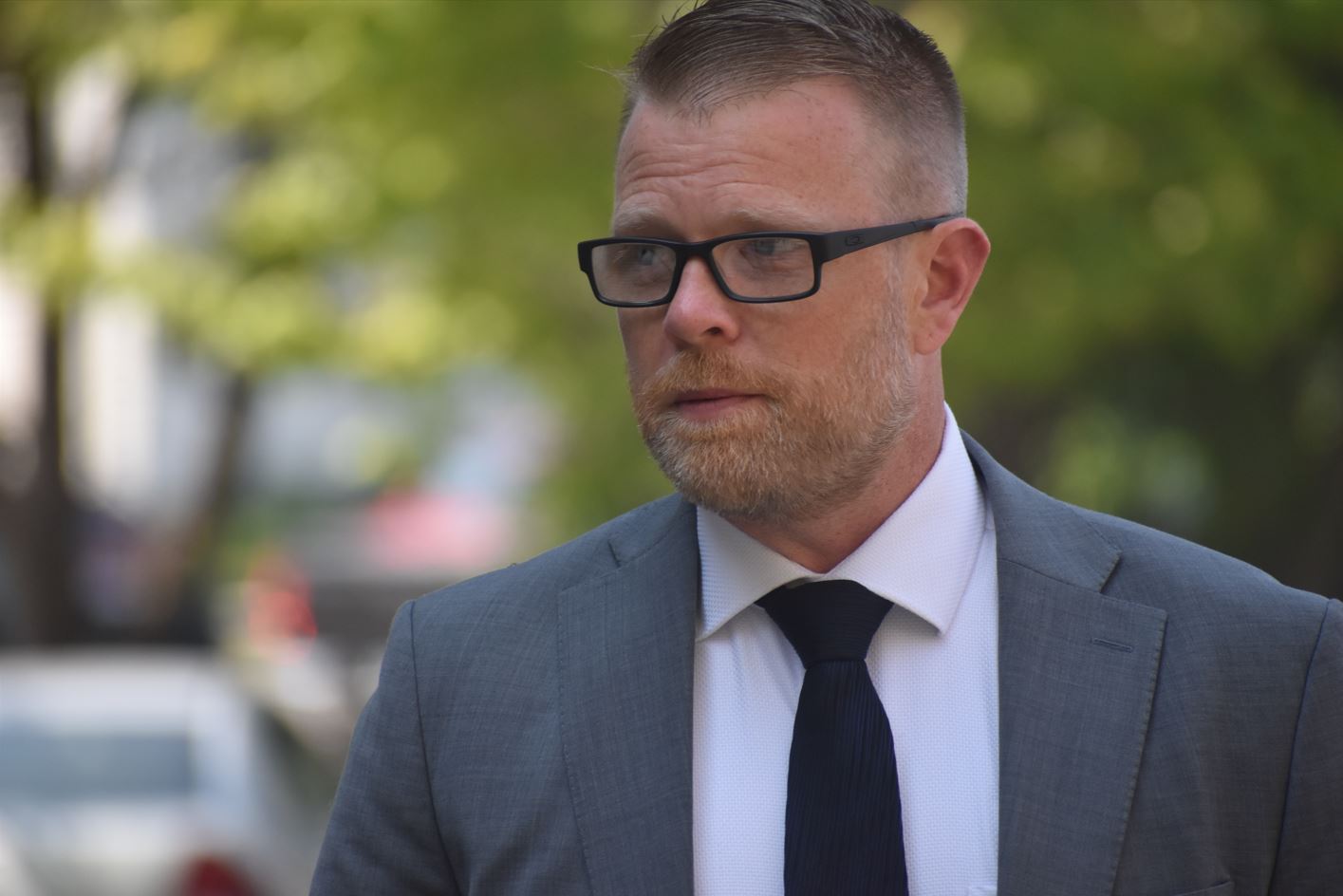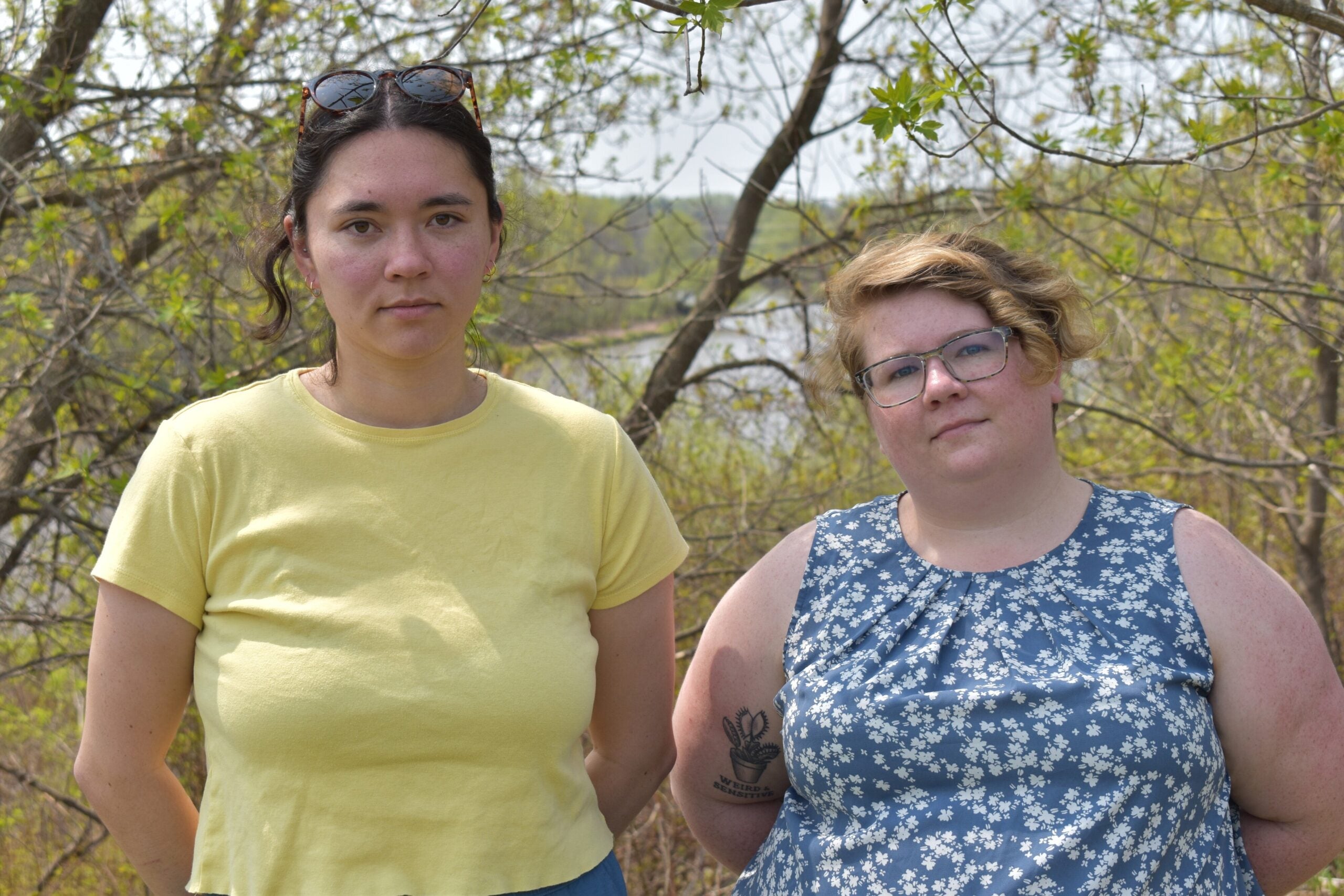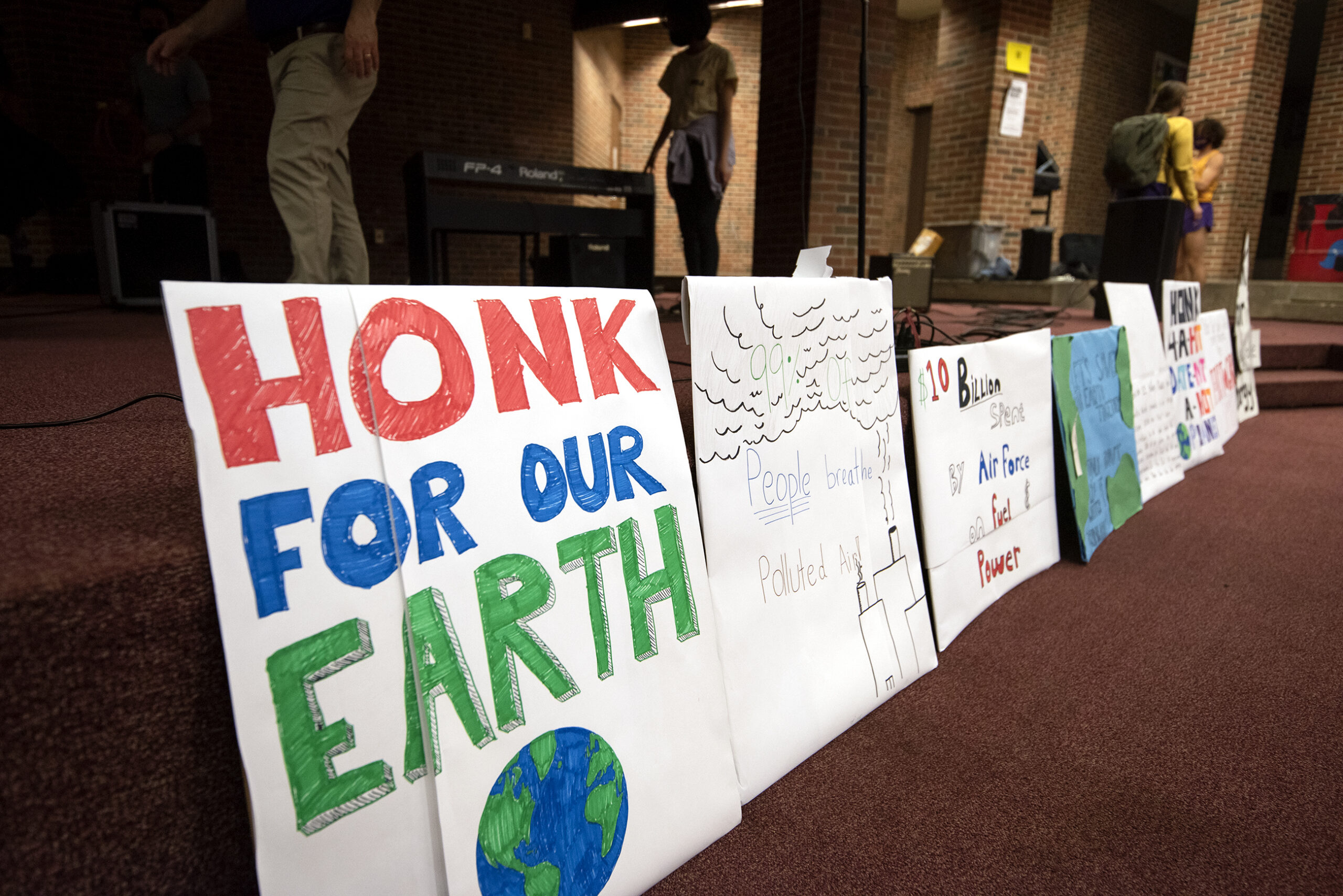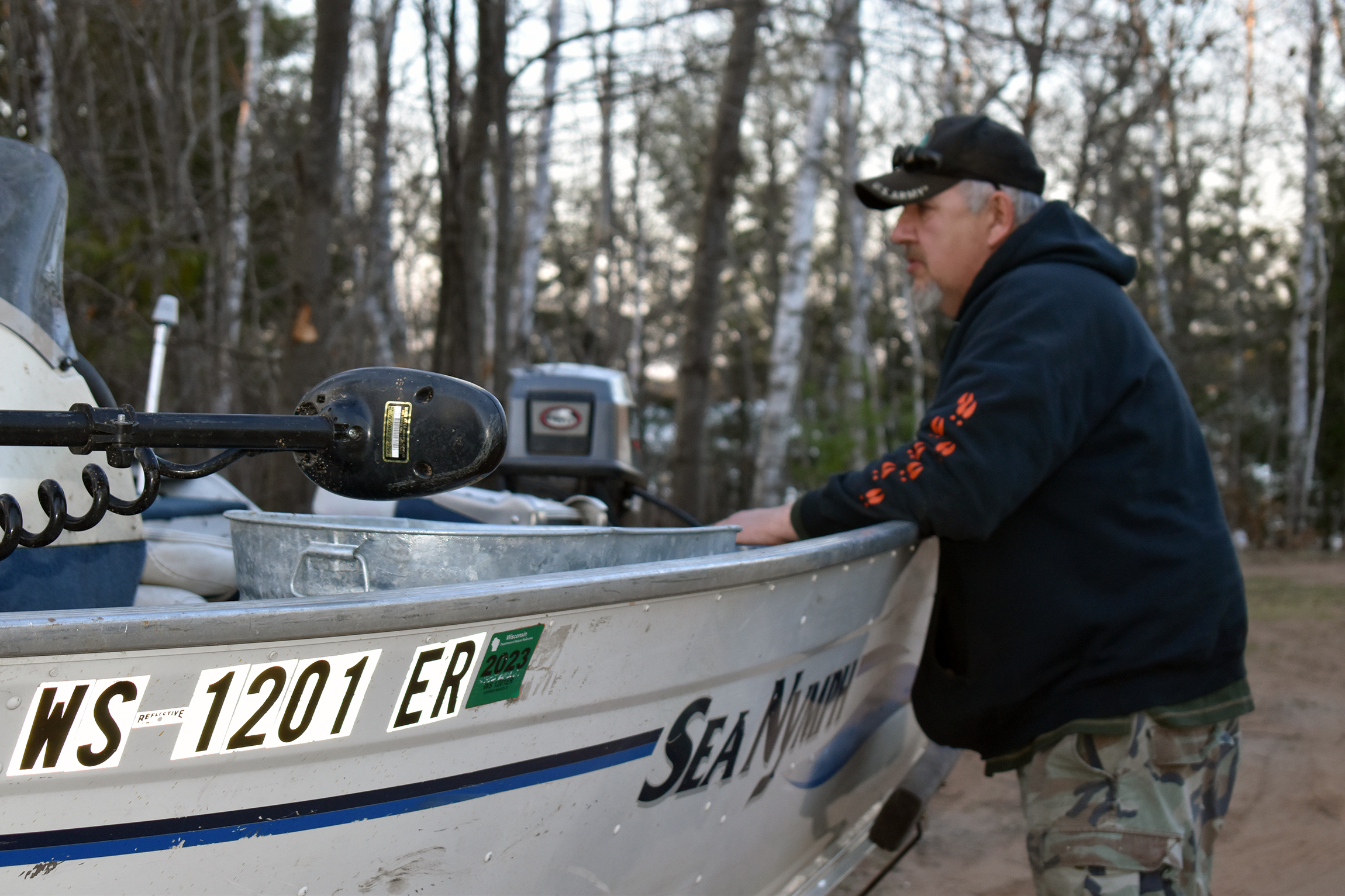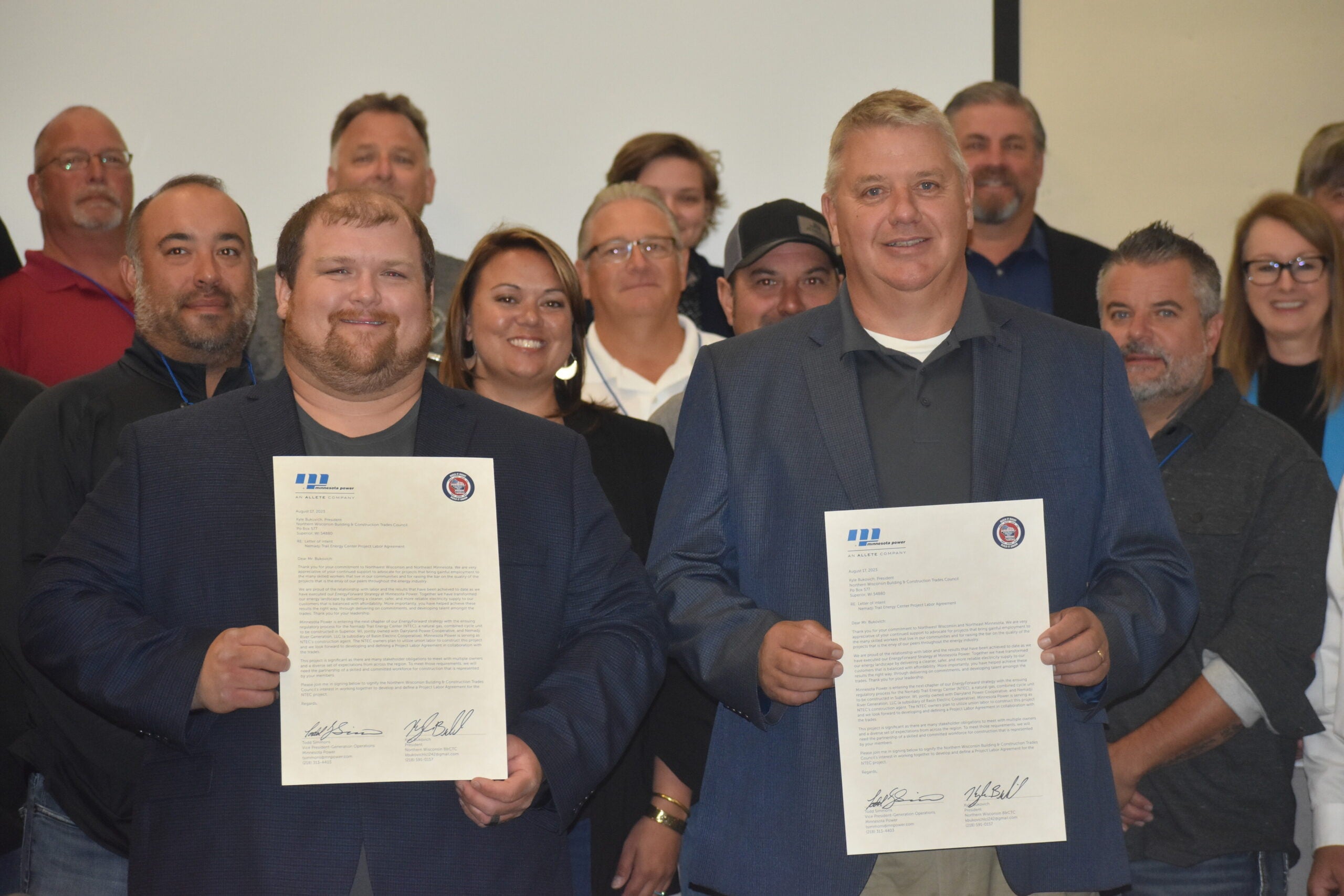Indications are that President-elect Trump would take a significantly different approach to environmental issues and climate change agreements. We find out what he has outlined to date. UW-Madison has lost its place in the top five research institutions in the nation for the first time in four decades. We look at causes and impacts. And the inner voice that each of us has can exert a powerful influence on our behavior, moods and more. We learn how to use it in positive ways.
Featured in this Show
-
UW-Madison Loses Ground In Research Rankings
For the first time in four decades, the UW-Madison does not rank in the top five research institutions in the nation. We talk with an education reporter about what caused the decline and what impact it may have on current and future students and faculty.
-
The Science Of How We Talk To Ourselves
Everyone has an inner voice, but most of us don’t take the time to pay attention to what it is, how it sounds, and how it makes itself known. Our guest takes us on a tour of the history and science of how we talk to ourselves.
-
How A Donald Trump Presidency Could Affect The Environment
During his presidential campaign, Donald Trump said he thought manmade climate change was a “hoax,” vowed to dismantle the Environmental Protection Agency, and said he would kill the Clean Power Plan–a set of rules to reduce emissions from power plants. We talk to a reporter who covers climate change about how president-elect Trump could change U.S. environmental policy.
-
How Will The Environment Fare In A Trump Presidency?
In his campaign, Donald Trump vowed to dismantle the Environmental Protection Agency and undo the Clean Power Plan, a set of rules to designed to reduce power plant emissions. Post-election, observers wonder what will happen to clean water and clean air under a Trump presidency.
“I’m not a big believer in man-made climate change,” President-elect Trump told the Miami Herald in an August interview. He went on to emphasize that he is, however, “a huge believer in clean water and clean air – crystal clean water and air.”
One indicator of how the environment might fare under Trump is who he chooses to head up agencies such as the EPA and U.S. Department of Energy, said New York Times reporter Henry Fountain.
Trump has tapped his transition team chief, Myron Ebell, to reorganize the EPA. Ebell, a libertarian who rejects the scientific consensus on global climate change and also directs the Center for Energy and Environment at the Competitive Enterprise Institute, a Washington, D.C.-based advocacy group funded, in part, by the coal industry.
“That’s an indication of where things are heading,” said Fountain, adding many of Trump’s candidates for top environmental jobs tend to be people who work for, or lobbied for, large energy companies.
“The two people whose names I’ve heard for (heading the EPA and DOE in) the Trump administration are both big fossil fuel guys who have made their fortunes in fracking,” Fountain said. “In fact, it’s very telling who he’s talking to and who he’s picking.”
Fountain sees Trump’s choices for top environmental positions sharply contrast previous administrations. For example, President Barack Obama’s appointees to these two top environmental positions were both physicists.
“That does represent quite a shift, and you can expect to see a lot of changes in those agencies because of the outlook from the top,” Fountain said.
When it comes to policy, Fountain noted that the Obama administration successfully developed and enforced many environmental regulations. Should Trump follow through on his campaign promises to dismantle these signature policies, Fountain predicts that the president-elect would encounter significant hurdles.
In short, policies still in the pipeline could likely be ditched, but regulations already enforced would be a different story.
“If there’s a regulation in force, you can’t just get rid of it, because there’s statutory requirements that things like pollution be regulated,” said Fountain, explaining that eliminating an enforced regulation would mean having to come up with a substitute, which usually involves a long public review process and, in all likelihood, “opens it up to a lot of fights.”
This means the Paris Agreement, which is already in effect, would not be that easy to withdraw from – at least in the short term, Fountain said.
On the other hand, the Clean Power Plan is not yet in effect and could therefore be contested in court, the reporter said. The plan would “require existing power plants to either shut down due to the high levels of CO2 they emit, or develop systems to remove the carbon dioxide and somehow store it.” Several states have challenged it.
“Assuming there’s no court decision by inauguration day on Jan. 20, then the new justice department – the Trump Justice Department – could ask the court to basically just drop it,” Fountain said, “and the Clean Power Plan will stay unenforced – or ‘not in force.’”
This scenario, however, could undermine Trump’s vow to ensure “crystal clean water and air,” as coal is a leading polluter of both.
Episode Credits
- Rob Ferrett Host
- Veronica Rueckert Host
- Marika Suval Producer
- Veronica Rueckert Producer
- Amanda Magnus Producer
- Nico Savidge Guest
- Charles Fernyhough Guest
- Henry Fountain Guest
Wisconsin Public Radio, © Copyright 2024, Board of Regents of the University of Wisconsin System and Wisconsin Educational Communications Board.

